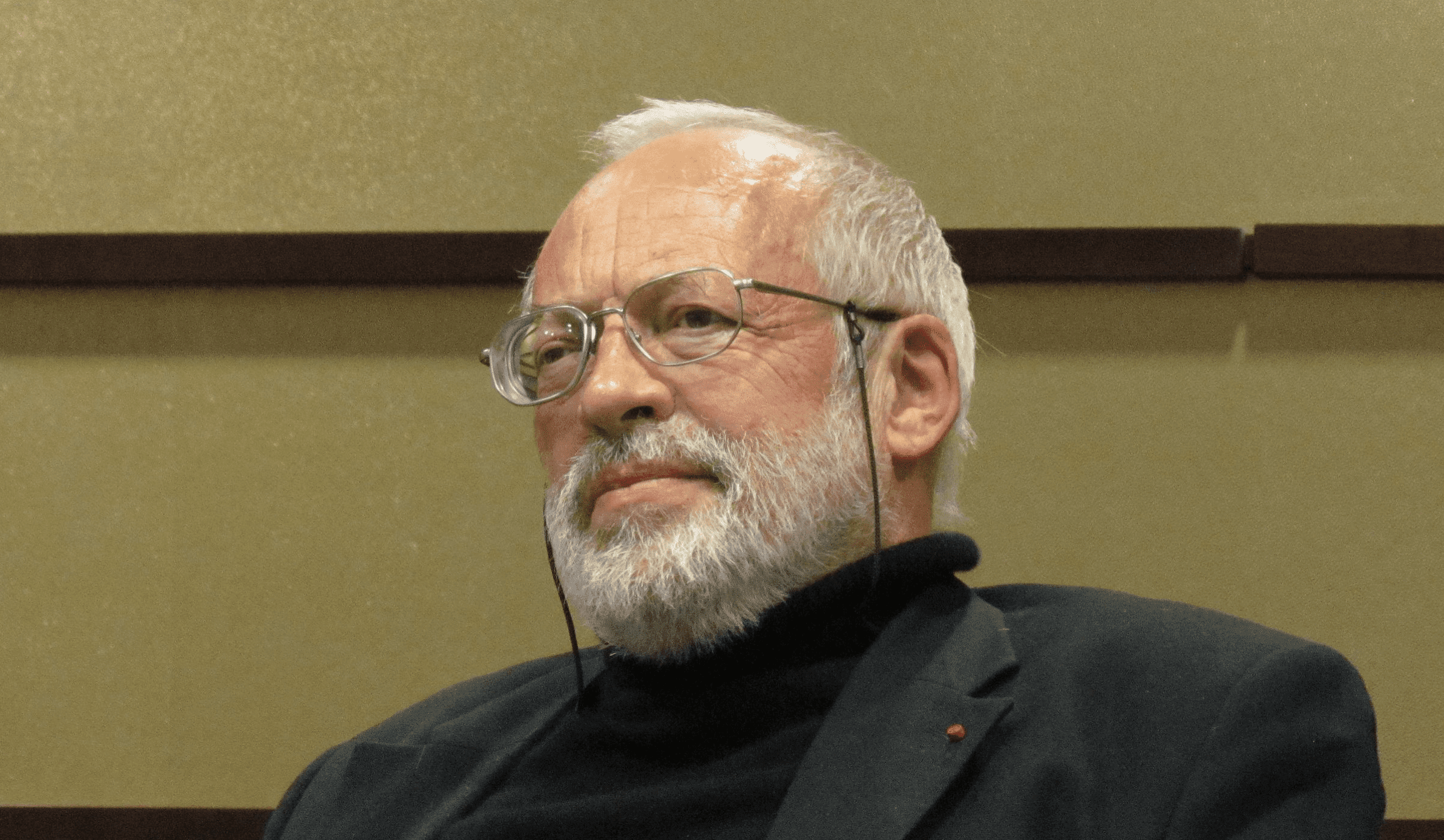The former director of France’s foreign intelligence agency recently stated that, within the entirety of the French territory, there is a total of 1,514 lawless neighborhoods—home to about 6% of the population—where security forces, emergency, medical, and social services are prohibited.
The astonishing statement, uttered by Alain Chouet, the former head of the General Directorate for External Security (DGSE)—the French equivalent to the Central Intelligence Agency (CIA) in the United States—came early this month during an interview with Oumma, a French-language online news portal which seeks to presents a Muslim perspective on current affairs.
The former intelligence chief, in the interview, took the opportunity to discuss the contents of his recently published book Seven Steps to Hell, where he presents an exceedingly grim picture of present-day French society, detailing the nature of the country’s demographic crisis, troubles with ethnic separatism, intensified security deficits, as well as its ever-increasing problems with violence and expansionist-fundamentalist Islamism.
“There are 1,514 lawless neighborhoods on French territory that deny access to security forces, the emergency services, medical and social service. These districts are established on the territory of 859 municipalities and bring together approximately 4 million inhabitants,” Chouet began.
“Thus, about 6% of the French population lives outside the law and outside the cultural and political practices of the national community,” Chouet added.
In his book, Chouet blames the plethora of issues presently plaguing France on “forty years of blindness, ignorance, cowardice, and ‘well-meaning,’ adding that they’ve brought the republican pact to a breaking point.
Later on in the interview, when asked whether the issue of separatism should instead be referred to as “suffered ghettoization,” the former intelligence head argued: “Ghettoization,” [a term] often invoked to explain this separation, is first and foremost a victim argument to justify separatism and the violence it engenders.”
Adding to his point, Chouet explained: “All the waves of migration that France has experienced over the past century were first grouped together by affinity and for economic reasons, in given geographical areas, and this did not give rise to the phenomena of localized violent dissidence. They were then diluted throughout the territory, as assimilation of the second and third generations took place.”
Continuing, the ex-intelligence chief explained how a significant portion of the neighborhoods and districts now suffering from rampant separatism had first been formed in the 1970s, after large numbers of North Africans failed to integrate into society via conventional ways such as employment, in part because of the economic downturn witnessed at the time.
In conclusion, Chouet noted that although radical Islamic terrorism does appear to be on the downswing worldwide, the danger posed by the ideology, its ideologues, and militant adherents persists and remains widespread throughout France, where large numbers of Islamist separatists are given the ability to live “outside the law and outside the cultural and political practices of the national community.”
The perpetrators of the many attacks we have experienced since 2015 are not — with the possible exception of the Bataclan assassins — foreign adventurers specifically trained to strike us in the application of a particular strategy and according to precise tactics. They are children of our society, products of our social, educational and cultural environment, who spontaneously turned to violence after becoming radicalized in their corner for various reasons. There always are and there always will be, as long as the influence of the ideological sponsors of Salafist dissent lasts and we do not try to alleviate the problems of separatism within our society.






